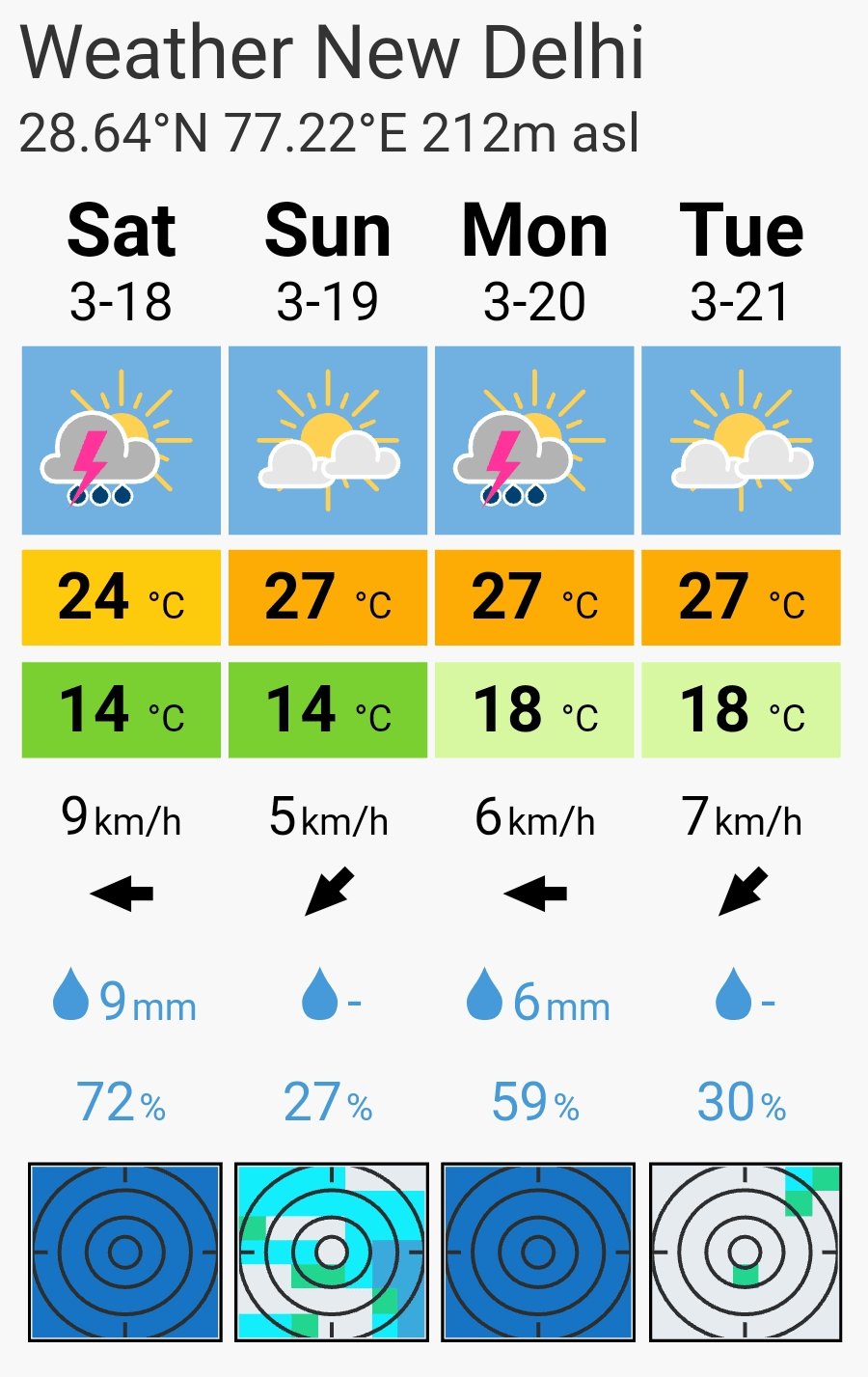OutLookIndia.com: Ustad Rahim Fahimuddin Khan Dagar (1927-2011)
Posted by ElJay Arem (IMC OnAir) on July 28, 2011
Sumati Mehrishi has a tribute in the Pioneer:
Losing him comes with the same burden as losing a sacred scripture would.
Fahimji — as he was fondly known was a colossal storehouse of compositions on Durga, Shiva, Ganesha and other deities and a treasure trove of music literature. Fahimji was where spirituality and art met — and the sacred, secular character of Hindustani music and religiosity converged.
The picture frame of Mecca Sharif hung on the wall over his head, there was something very surreal about the way he would sing his favourite Baghambar Ambar Trishul Dharani (a compostion dedicated to Durga describing her own grace and the gait of her gorgeous lion) while fixing the tanpura zawahri, plucking pieces of thread to tune his tanpura at his riyaz room. He would say, “Ab duniya ko kaun samjhaye, sab dharm ke chakkar mein pade hain. My ancestors were all Hindus. Girdhari Nath Pande, the foremost in the family tree was a musician at Babar’s court. His sons learnt from Swami Haridas. They were musicians at Akbar’s court. They fell under the influence of Sufism and were renamed. The connections between the two spiritual thoughts influenced our music.”
…Ustad Wasifuddin Dagar, the Dhrupad exponent remembers him as the granddad of not only the Dagar family but that of Dhrupad and Khayal as well. He says, “His passing away is a loss to the entire music fraternity and not just the Dagars. He was a treasure of knowledge. Plus, he was loved by all. At times, when he would come home, he would have so many people greeting him that he would get tired. He would say, ‘Haan adaab ho gaya, chalo chalo’.”
Ustad Rahim Fahimuddin Dagar the 19th generation Khalifa of the musical lineage known as the Dagar Gharana, that kept alive the tradition of Dhrupad, died last night.
“In the words of my ancestor Baba Behram Khan Dagar, dhrupad, as presented within our dagar bani, is ‘ragatmak-swaratmak, shabdatmak-varnatmak, talatmak-layatmak and rasatmak. The singer has to portray its kalatmak, vidyatmak and adhyatmak aspects to do proper justice to it.”

Photo Courtesy: Dhrupad.Info
The eight grandsons of Zakiruddin Khan and Allabande Khan — Dagar Brothers ( from left to right): Ustad Zia Fariduddin Dagar( b1933), Ustad Nasir Zahiruddin Dagar(1932-1994), Ustad Rahim Fahimuddin Dagar(1927-2011), Ustad Nasir Aminuddin Dagar(1923-2000), Ustad Zia Mohiuddin Dagar (1929-1990), Ustad Nasir Faiyazuddin Dagar(1934-1989), Ustad Hussain Sayeeduddin Dagar(b1939) —are credited with keeping the Dhrupad tradition alive
Ustad Rahim Fahimuddin Dagar was
the only living son of the illustrious musician Padma Bhushan Ustad Allabande Rahimuddin Khan Dagar who passed away in 1975. The young Rahim Fahimuddin was trained in music by his father for more than 35 years, but it was Ustad Rahimuddin Khan’s elder brother and legendary Ustad Nasiruddin Khan Dagar who initiated Rahim Fahimuddin into the art by tying the symbolic thread of discipleship on his wrist at the age of five. The promising pupil responded by devoting the next 14 years of his life to the single-minded practice of the elements of voice culture, entailing the mastery of the 12 alankaars and the 40 kriyas associated with them.
By virtue of his readiness to sit for long hours in the company of his illustrious elders and his patience to endure the rigorous lessons imparted by them, Rahim Fahimuddin could win their hearts and they taught him unreservedly. For a full twelve years he studied the Rudra Veena with his uncle Ustad Ziauddin Khan Dagar. He also took occasional lessons from his other uncles Ustad Hussainuddin Khan Dagar (better known as Tansen Pandey) and Ustad Imamuddin Khan Dagar. Rahim Fahimuddin learnt Sanskrit from his father and Pt. Girdharilal Shastri and acquired the ability to recite Sanskrit texts properly.
Read more from a two-year old interview with Anjana Rajan of the Hindu:
My name is Rahim Fahimuddin Dagar. I am a Muslim, but my goal is music. I have made a study of Durga, of the shastras. Because these help me in the pursuit of my goal. If we look for the essence with a pure mind, we will find it…
[T]he Dhrupad Society is engaged in preserving Hindu culture — since Dhrupad, the veena, the pakhawaj and the flute are all part of Vaishnav tradition. Khayal and other musical genres, on the other hand, have their origins in Muslim traditions…
The goal of Indian music is to attain moksha — liberation from mortal life. Swar (the practice of musical notes) is considered the shortest way to achieve this. The reason is simple. Swar cannot be seen. The atma or soul cannot be seen. Neither can Ishwar (the Supreme Power). So naturally, the niraakar (formless) will be attained only through the niraakar. The Sanskrit verse talks of Devi’s fingers dancing on the veena. And dance is feeling itself. This is Matangi, the goddess of music. You need faith in God to pursue this kind of path. I am not simply quoting others. Once I was listening to my elders, and they said, as you tread this path, one day the things you hear now will blossom in your understanding. Wah! Subhanallah! That is what happened. Now I say these things with complete conviction. This is a path to wisdom. That’s why Dhrupad is a whole education. It’s not merely Sa Ri Ga Ma Pa Dha Ni Sa — though of course you have to go through the abc.
There’s a selection of (alas, a very few) recordings on e-snips
An interview:
(Source: Thu, Jul 28, 2011 at 10:54PM – OUTLOOKIndia.com – OUTLOOK Blogs / Sundeep Dougal)









Raga CDs of the Months: 19 Generation Contract – 600 years in Dhrupad… A tribute to Ustad Rahim Fahimuddin Khan Dagar (1927-2011) « IMC – India meets Classic presents … said
[…] OutLookIndia.com: Ustad Rahim Fahimuddin Khan Dagar (1927-2011) (imcradiodotnet.wordpress.com) […]
LikeLike